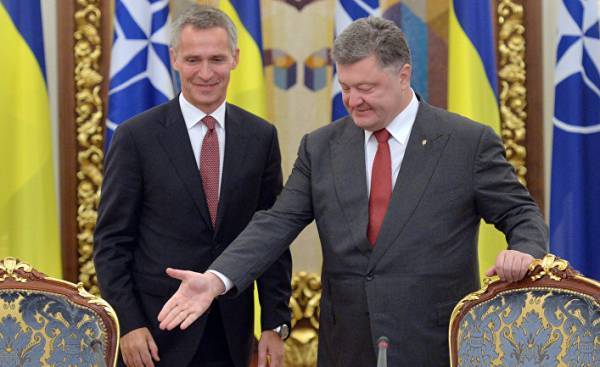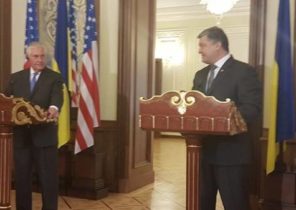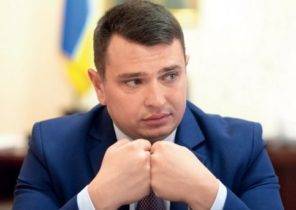
The Verkhovna Rada of Ukraine adopted an appeal to the U.S. Congress on security assurances, in which MPs are asked to provide our country a status of the main ally outside NATO. Timeliness and simplicity of this treatment can cause a false illusion in Ukraine regarding the obligations of the United States to counter Russian aggression and to complicate Ukrainian-American relations under the presidency of Donald trump.
First of all, you need to bring the main provisions of the appeal of the Verkhovna Rada of Ukraine to the U.S. Congress: “According to the spirit and letter of the Budapest Memorandum, as well as the development of strategic partnership between our States, turning to US with a request to consider the issue of concluding with Ukraine a defensive agreement and to grant Ukraine the status of the Main ally outside NATO”. Deputies believe that granting Ukraine such status and conclusion of a defensive agreement between Kiev and Washington “will have a huge impact on the cessation of Russian aggression against Ukraine, deterring an aggressor and preventing the instigation of the great war in Europe” that “in the interests of Ukraine, USA, Europe and around the world.”
The first illusion the Ukraine is connected with the appeals to the signatories of the Budapest Memorandum. The document, which Ukraine, Russia, USA and UK signed in 1994, is not an international Treaty and, accordingly, does not entail any international obligations of the White house on security assurances to Ukraine. The only help you can count Ukraine, “according to the spirit and letter of the Budapest Memorandum,” is that the U.S. “will consult in the event of a situation which raises a question concerning these commitments”. Russian aggression is really a subject of regular negotiations and consultations during the diplomatic contacts between the United States, Britain and other countries, but this does not mean that the signatories of the Budapest Memorandum are now ready to go beyond its “obligations” under it. But the constant appeal to the Budapest Memorandum indicates the failure of Ukraine to provide effective international mechanism to counter Russian aggression.
The second illusion is that in Kiev consider the acquisition of the status of the main ally outside NATO as an alternative to accession to NATO is closed for Ukraine in the near future for many reasons. The main ally outside NATO (Major Non-NATO Ally, MNNA) is a determination by the United States government States that maintain close strategic relations with Washington. The MNNA status provides financial support in the purchase of weapons, supply of military equipment, joint military exercises, but does not entail obligations of the United States for the protection of these partners in the event of an attack. So, today among the 16, only four MNNA ally can count on U.S. military aid in case of attack — Japan, South Korea, Australia and the Philippines. It should be noted that the U.S. commitment to the security of these countries is not determined by the MNNA status, and bilateral treaties on mutual defense.
The third illusion relates to the willingness of the US to provide significant support to Ukraine to counter Russian aggression. For example, in December 2014, both houses of Congress approved a bill on granting Ukraine the status of MNNA, but then President Barack Obama did not support the initiative. Today, even with the support of the Senate and house of representatives of the new President, Donald trump demonstrates a protectionist position and critical of the U.S. obligations to ensure the security of its allies. As a consequence, the uncertain future of national security have not only individual countries, which benefit from MNNA, and even member States of NATO. For the first two months of his presidency, trump made clear that the U.S. was willing to provide substantial military aid only to those countries that fall within the scope of major trading partners (Canada, UK) or clearly share a common vision of security challenges (Japan, South Korea, Jordan). As we can see, Ukraine is not too interested in the administration of the trump based on these two indicators.
In the current situation Ukraine should abandon the illusion about NATO membership or the status of MNNA. In return, Ukraine must find other points of contact that represent a real interest for the United States in the administration of the trump. For example, the fight against terrorism and hybrid threats can be promising area of military-political cooperation between Kiev and Washington. In particular, three years of Russian aggression, Ukraine’s law enforcement agencies have gained valuable experience these challenges that we can share with overseas partner. Only in the case of successful bilateral cooperation in these areas, Ukraine could strengthen its role in the hierarchy of foreign policy priorities of the United States and receive military and financial support.
Evgeni Yaroshenko — the expert of the International centre for policy studies.






